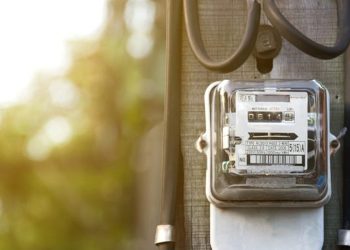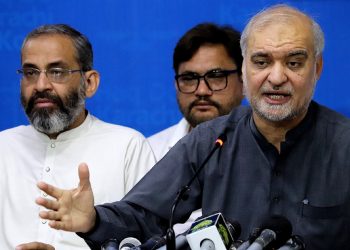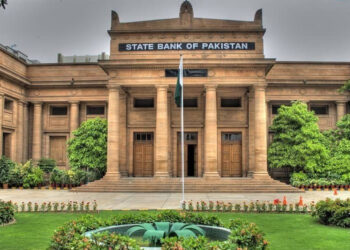Pakistan is rapidly increasing its imports of battery energy storage systems (BESS) due to expensive electricity and cheaper solar energy, which could reach 8.75 gigawatt hours (GWh) by 2030, according to a recent report by the US-based Institute for Energy Economics and Financial Analysis (IEEFA).
Pakistan imported an estimated 1.25 GWh of lithium-ion battery packs in 2024, while another 400 megawatt hours were imported in the first two months of 2025. The report says that if the same trend continues, it could meet 26 percent of the expected peak demand by 2030.
However, the IEEFA warned that this shift could not only render existing generation assets useless but also cause financial losses for the power grid.
The report says that Pakistan’s growing demand for battery storage is being driven by lithium-ion batteries imported from China. Although solar panel prices are falling in line with China’s, the cost of battery systems remains high due to heavy taxes and customs duties. The average price of lithium-ion battery packs in Pakistan is between $230/kWh and $360/kWh.
Nevertheless, the combination of solar power with battery storage is proving attractive to consumers. According to the report, the payback period of a solar-plus-battery system for residential users is 3 to 5 years, while in the commercial and industrial sectors it is 4 to 6 years, although there is a 48% surcharge on lithium batteries.
The IEEFA says that Pakistan’s high installation of rooftop solar panels provides a strong foundation for the widespread adoption of battery storage. If the government provides more financial and regulatory support, it will not need new power plants.
However, the report warned that if the grid is not modernized and appropriate regulatory reforms are not implemented, the unregulated proliferation of battery systems could destabilize the national grid. To avoid this situation, timely investments in smart metering, grid upgrades, and better planning are essential.







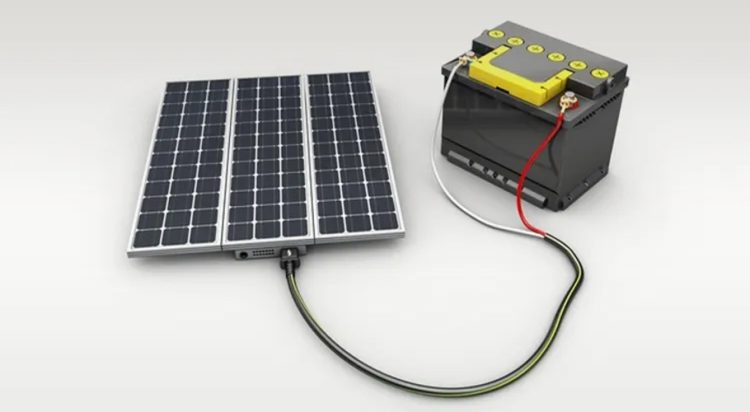



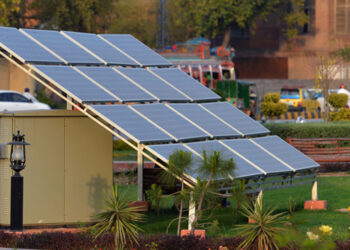
![Local residents at the Swat River, which is overflowing due to pre-monsoon heavy rains in the area on the outskirts of Mingora, the main town of Pakistan's Swat Valley [Sherin Zada/AP]](https://mmnews.tv/wp-content/uploads/2025/06/Flooding-in-Swat-river-350x250.jpg)


